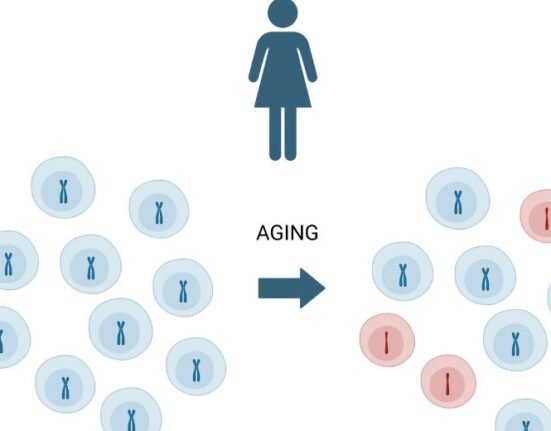HQ Team
January 23, 2023: The UK Government and German company BioNTech signed a Memorandum of Understanding last week to accelerate clinical trials for mRNA cancer immunotherapies for breast, lung, and pancreatic cancer.
BioNTech will test its experimental cancer vaccines to provide personalised cancer therapies for up to 10 000 patients by the end of 2030 in either a clinical trial setting or as an approved treatment.
UK patients will start participating in the clinical trials from September of this year. Personalised and precision treatments using transformative new therapies will be used to treat both existing cancer and help stop it returning.
Ugur Sahin, Chief Executive Officer and Co-Founder of BioNTech, said in a statement: “The UK successfully delivered COVID-19 vaccines so quickly because the NHS, academia, the regulator and the private sector worked together in an exemplary way…we are committed to do the same for cancer patients.”
“The collaboration will cover various cancer types and infectious diseases affecting collectively hundreds of millions of people worldwide. If successful, this collaboration has the potential to improve outcomes for patients and provide early access to our suite of cancer immunotherapies as well as to innovative vaccines against infectious diseases – in the U.K. and worldwide,” he adds.
mRNA Vaccines
mRNA vaccines use lab-made, stable forms of mRNA — similar to those found on specific antigens — into the body. The body then learns to recognize associated antigens and destroy them. It is a way to prepare the body’s immune system to fight off the infection source.
The cancer mRNA vaccines will be tailor-made, and personalized to each patient’s tumour. A wide range of antigens can be attacked this way, preventing the mutation of the cancer cells and not allowing any vagrant cells to escape for a possible return of cancer.
“The goal that we have is that can we use the individualized vaccine approach to ensure that directly after surgery, patients receive a personalized, individualized vaccine, and we induce an immune response that so the T-cells in the body of the patient can screen the body for remaining tumour cells and ideally eliminate the tumour cells,” Sahin explained.
Many clinical trials are testing mRNA treatment vaccines in people with various types of cancer, including pancreatic cancer, colorectal cancer, and melanoma. Some are being combined with drugs to test the body’s immune response to tumours. Merck, the Big Pharma, has signed a deal with Moderna to develop a therapeutic cancer vaccine personalized to treat patients with high-risk melanoma, the deadliest form of skin cancer.








